I've defined a class named SkillExecutionOperand, which is an operand being operated on. when I go to convert the class into a derived, the s_skill_execution_operation_config does not get copied and is uninitialized or contains garbage values.
class SkillExecutionOperand : public CombatOperand
{
public:
struct s_skill_execution_operation_config
{
int skill_id{ 0 }, skill_lv{ 0 };
int16_t pos_x{ 0 };
int16_t pos_y{ 0 };
std::string contents{ "" };
std::shared_ptr<const skill_config_data> skd{nullptr};
std::shared_ptr<SkillExecution> skill_execution{nullptr};
};
SkillExecutionOperand() = delete;
SkillExecutionOperand(std::shared_ptr<Entity> source, std::shared_ptr<Entity> target, s_skill_execution_operation_config config)
: CombatOperand(source, target, COMBAT_OPERAND_SKILL_EXECUTION), _config(config) { }
~SkillExecutionOperand() { }
s_skill_execution_operation_config &get_config() { return _config; }
void operator=(const SkillExecutionOperand &operand)
{
_config = operand._config;
}
private:
s_skill_execution_operation_config _config;
};
Converting the base to derived, the execution stops at the second line of the following statements and throws me a "String too long" error -
[[noreturn]] inline void _Xlen_string() {
_Xlength_error("string too long");
}
CombatRegistry::SkillExecutionOperation::SkillExecutionOperand &operand = static_cast<CombatRegistry::SkillExecutionOperation::SkillExecutionOperand&>(get_operand());
CombatRegistry::SkillExecutionOperation::SkillExecutionOperand::s_skill_execution_operation_config &config = operand.get_config();
Edit -
The code for get_operand() is as follows
class CombatOperation
{
public:
// ...
CombatOperand get_operand() { return _operand; }
// ...
protected:
CombatOperand _operand;
// ...
};
